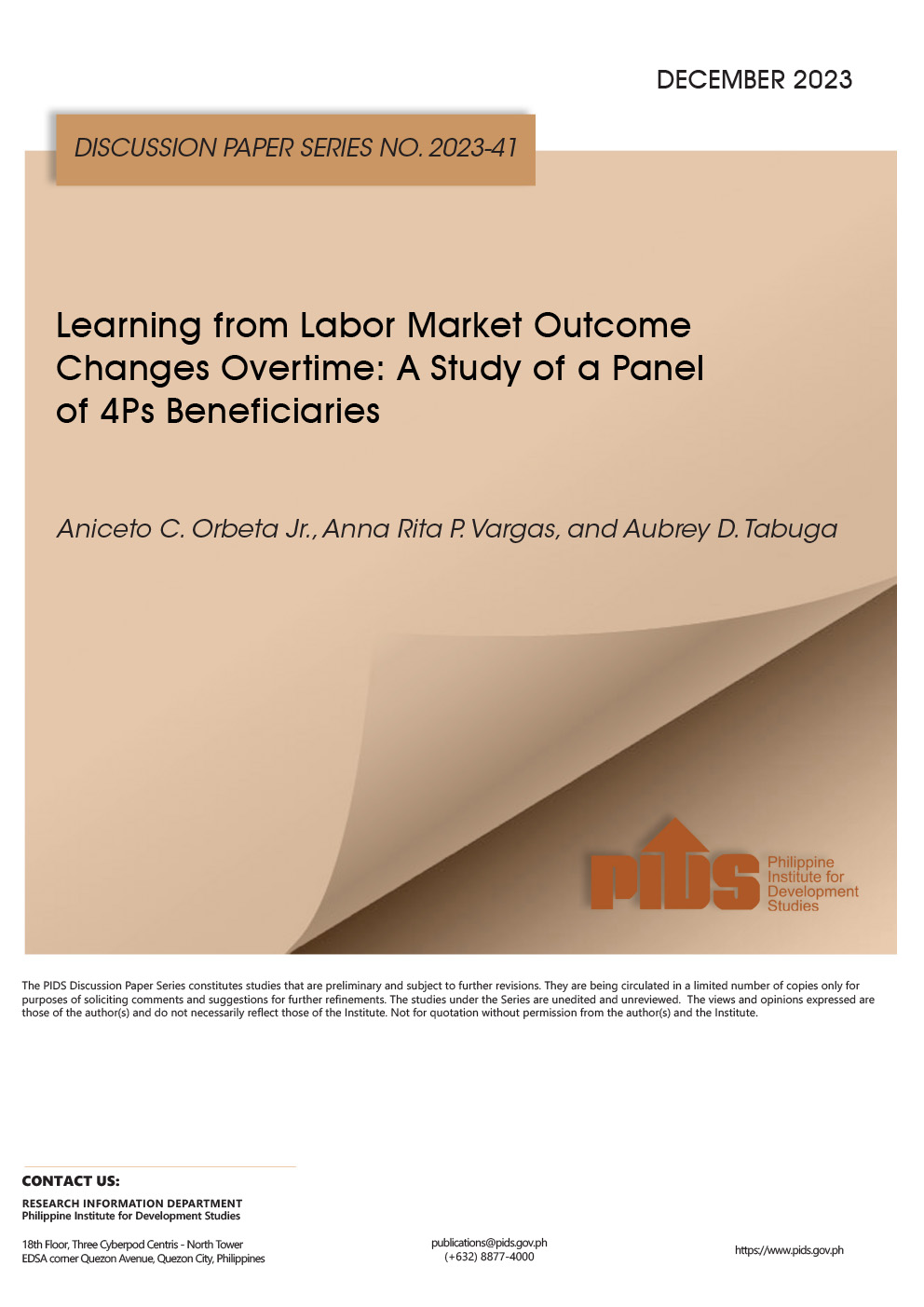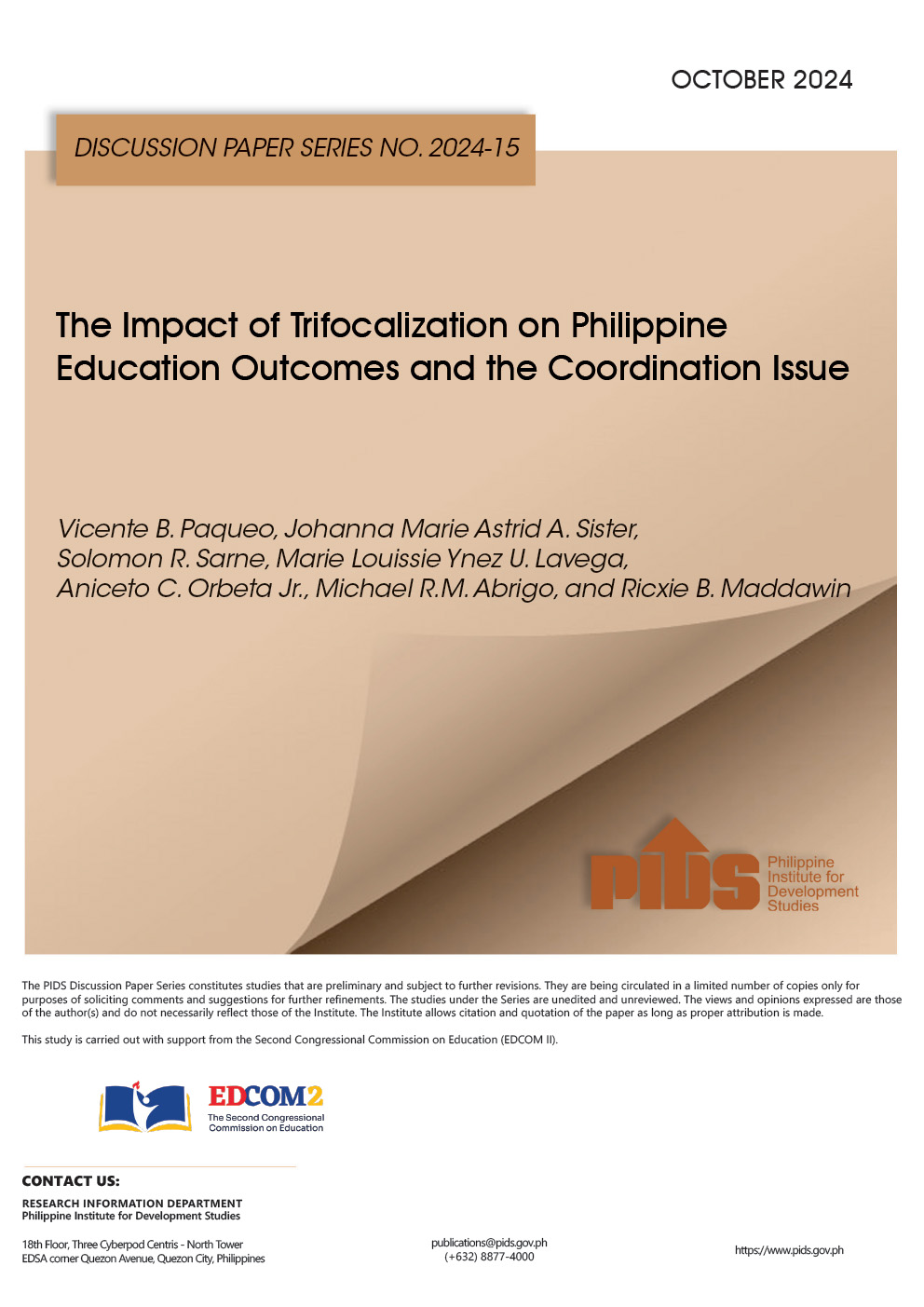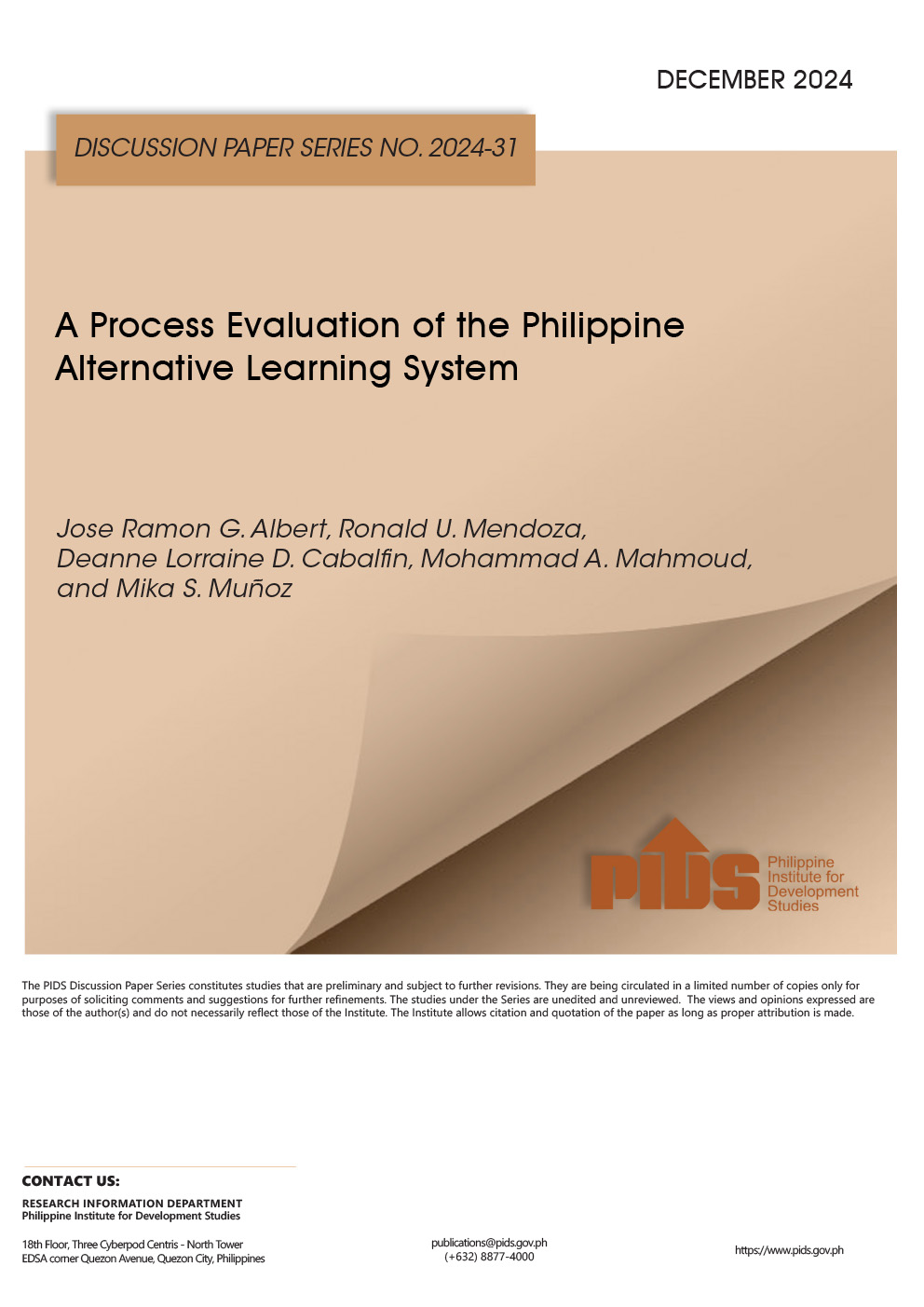As we welcome the new year, it is good to note that business confidence in the Philippines remains high despite “political noise” and uncertainties here and abroad. This is grounded on solid economic fundamentals, resiliency of the economy, and faith in an empowered economic team heading the DoF, NEDA, DBM, and DTI.
This confidence was first seeded when in the face of confounding off-the-cuff remarks from the just elected leadership, a well-thought through 10-point economic program was issued. This assured the business community and the larger public that the administration will continue orthodox macroeconomic policies of the last administrations, and build on them via more vigorous execution of infrastructure and inclusive growth strategies.
While all the presidential candidates made campaign promises that at times sounded populist, the moves of the winner have been on balance reassuring that it is pragmatic and prepared to listen and consider evidence. As Secretary Ben Diokno retorted pithily to an interviewer -- “Candidate Duterte is not President Duterte.” (Same reason why I am not too worried for the world and the Philippines that President Trump will govern like Candidate Trump.)
The particular areas which my colleagues in the Foundation for Economic Freedom (FEF) welcomed were: a) Early action to push for a comprehensive tax reform program; b) quick action by NEDA on infra/PPP projects and a national budget with ambitious infrastructure spending components; and c) the non-extension of quantitative restrictions on rice and its import liberalization, refocusing of NFA instead to buffer stocking.
I also applaud the adoption by the President of the “win-win” formula originated by the leadership of DTI (Sec. Mon Lopez and Presidential Adviser Joey Concepcion) on the so called endo that helped the President keep to his campaign promise for better protection of contractual labor without stymieing investments and job creation.
We likewise commend the commitment to a prudent spending policy as exemplified in the readiness to say no to the Congress initiated P2,000 a month increase in pension benefits that will sharply shorten the actuarial life of SSS and saddle tax payers unfairly, especially the younger members of society.
We hope to see more of these corrective actions on other initiatives that are likewise sub-optimal or even counterproductive from efficiency and public welfare standpoints.
For example, on the proposal for free irrigation water. This has been shown in many countries (notably, India) to lead to waste in use of scarce water resources, neglect of irrigation maintenance, and wrong choices on what to plant -- e.g., in favor of a water-thirsty low-value crop like rice.
Same with free tuition in state universities and colleges (SUC’s) budgeted now at over P8 billion, instead of a generalized public funding of scholarships for the bright, and grants-in-aid for the poor but college-ready. In both cases empowering the students to choose their schools.
Free tuition in SUCs since it is only partial financing and not needs based will not benefit the poor and may even further discriminate against them, as Drs. Vicente Paqueo and Aniceto Orbeta of the Philippine Institute for Development Studies (PIDS) have established. This legislative initiative is not just fiscally wasteful, but will surely discourage private investments in tertiary education -- now so much needed for the Philippines to scale up the value chain.
These two subjects have been well studied by PIDS, government’s think tank chaired by the NEDA Secretary, as well as other academics and multilateral organizations. I hope to write later about the folly of these well intentioned but flawed initiatives that will lead to wasteful misallocation of resources, both public and private.
Let me now share with you excerpts of a post we did for GlobalSource Partners (globalsourcepartners.com) a week ago. These are our three wishes for the economy in 2017 –
“1. Before the cock crows on Jan. 28 to usher in the Year of the Rooster, the Finance Department’s tax reform package would have been sponsored by the Ways and Means Committee Chairman in the House of Representatives where tax bills are supposed to originate. This would send a strong signal that the President is on top of his administration’s economic priorities, give business greater confidence in an empowered economic team, and assure markets that medium-term macroeconomic stability is not at risk. The proposed tax package to yield 1% of GDP in revenues is essential especially in light of the many newly added populist spending items in the 2017 budget, e.g., free college education in SUC’s and free irrigation water. Resorting to reduced infrastructure spending to meet budget deficit targets is a far sub-optimal option, in our view, given that projected economic growth of 6%-7% is hinged on accelerated public investments. More fundamentally, the dismal state of public infrastructure is dragging the economy’s medium term growth potential.
2. Way before the term of BSP Governor Amando Tetangco ends midyear, a suitable successor, respected by the market, would have been named, assuming that the governor is offered and declines a third term that would require a change in law. From the market’s perspective, the ideal candidate would be someone who understands central banking, preferably an insider, in order to preserve the institution’s independence and keep the conduct of monetary and exchange rate policy free from political interference.
3. Efforts to change the Constitution and shift to federalism that gives more control to local governments would be pursued responsibly, giving time for deeper study, informed debates, and awareness activities. A campaign promise of the President, the shift to federalism make some quarters are fearful that powerful political clans may try to steamroller the highly divisive proposal that would overhaul the country’s system of governance. While the effort is expected to bring with it the long sought for relaxation of foreign investment restrictions in the Constitution, it will most certainly divert attention away from the economy through most of 2017-2018, until the midterm elections in 2019 when a referendum on the charter change is expected.”
To these three wishes, allow me to add a fourth one, courtesy of an Economics Professor Emeritus friend whose wish is shared by most of us.
“That the President pivots from his obsession to ‘totally’ win the drug war to policy reform that genuinely reduces corruption and sustains economic growth that significantly cuts poverty and inequality.”
Amen and Inshallah!
Romeo L. Bernardo is a board director of the Institute for Development and Econometric Analysis. He was Undersecretary of Finance during Corazon Aquino and Fidel Ramos administrations.












